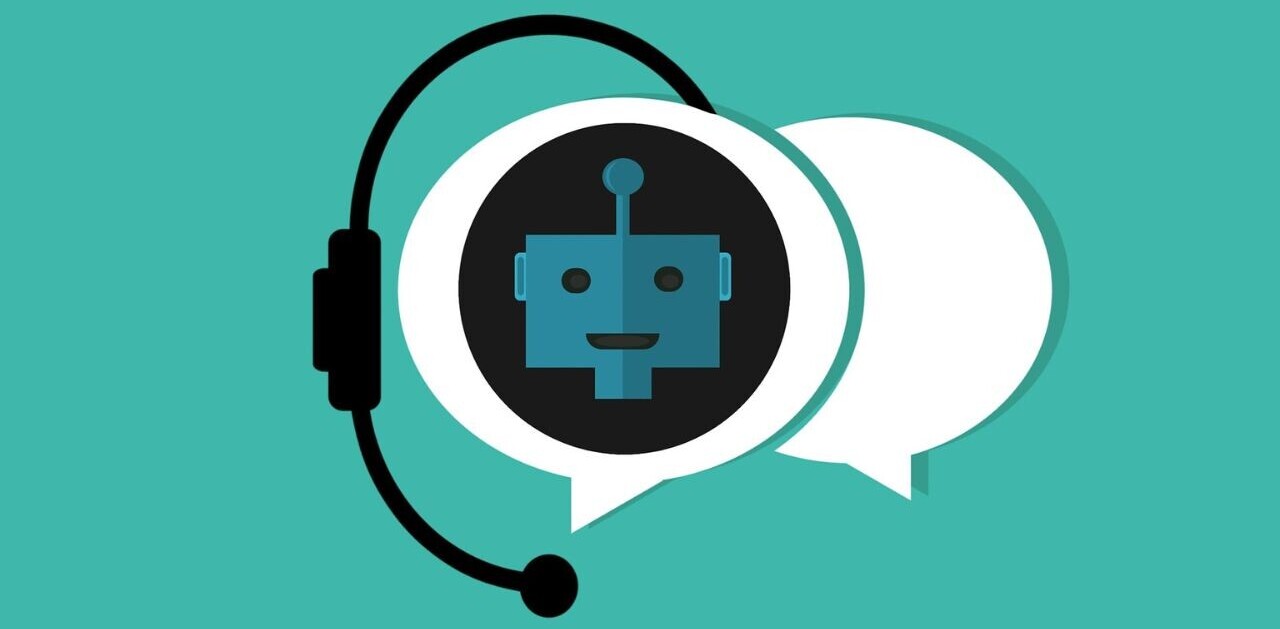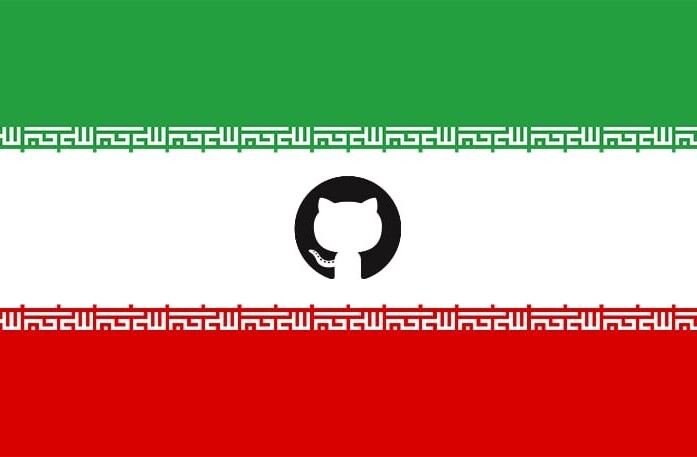
This article was originally published on .cult by Randy Tolentino. .cult is a Berlin-based community platform for developers! We write about all things career-related, make original documentaries and share heaps of other untold developer stories from around the world!
In June of 2019, hundreds of college students arrived on the IBM campus in Austin, Texas, to participate in a three-month-long internship program. During these months, they’d gain firsthand experience of life at a large, global tech company.
The majority of them were aspiring software engineers, followed by a number of designers, researchers, and offering managers. For the entire summer, they’d be assigned to IBM product teams, where they’d engage in industry-level practices like design thinking, agile methodology, and the many stages of your typical product life cycle.
Personally, I’ve always been impressed by the interns, mostly because of their energy. From what I’ve seen, they carry themselves with an obvious excitement for learning. They’re punctual, intelligent, and passionate, and our company is blessed to have these early-career professionals join us for a short period of time.
That’s why I was excited when I learned our team hired interns to join us for the summer.
As a frontend developer on a cross-functional team, I have the privilege of sitting alongside a diverse and talented group of people. Each morning, after the routine coffee/tea, hellos, and stand-ups, we dive headfirst into a highly collaborative environment where we navigate the complex world of enterprise cybersecurity product development.
One morning, I came into the studio a little later than normal. I had a car appointment at 7 AM and didn’t get in until about 9:30. When I walked in and got settled, I noticed a new person sitting at the empty desk.
Ah… must be the intern, I assumed.
Manuel joined our team as a product designer but also had an engineering background. He was originally from Argentina and was on his way to Stanford to pursue his Master’s degree in the fall. But in the meantime, he’d dedicate his summer to helping our team in IBM Security.
For the first few days, Manuel ramped up through the team’s onboarding process. He learned about our products, our design language, and how the team worked. After the first week, we found out that Manu would be joining our product team — a group of eight designers and developers.
As a first step, we helped him get situated in our area. His new desk was right behind mine. He brought over his laptop and his backpack, and began to get situated.
“Alright, here’s your monitor… we just have to find the cords.” “Thanks”, Manuel said. I spun my chair to see what cords they needed. Mmm, what kind of monitor is that? I wondered. Everyone on our team has the same one — we have those 27” Apple monitors that you see in all the tech office stock photos. But the one they gave Manuel was different. Yeah, I definitely don’t have those cords. For the next few minutes, we looked around trying to find the right cords and dongles until we finally surrendered. “We’ll find ‘em… somewhere”, a teammate told him. “Don’t worry about it, it’s okay”, Manuel replied. He organised the rest of his workspace, then continued with his work.
I’ve always had an extra sensitivity towards the onboarding process, so not knowing where the monitor cables were bothered me. I felt accountable. I thought to myself, why didn’t you plan ahead so that he’d have everything in place before arriving?
At the end of the day, I started to pack up. I spun around again. “Hey, Manuel!”, I said quietly. He turned around. “What’s up?” “You’re gonna take my monitor.” “What? No, Randy — you need it, man!” “Nah, I’ve already decided… besides I want a more minimal desk anyway”, I pretended. “Randy, you sure?” “Yup, I’m sure. When you come in tomorrow, it’ll be on your desk.” “Thanks, man. I owe you a burger.” “Haha alright, sounds good… I’ll see you tomorrow, dude.”
The next day, I came in early and disconnected my monitor. I wiped down all the cords, cleaned the screen, and cleaned Manuel’s desk.
When he came in, his monitor was good to go.
Contributing to growth
As people who work on a team for a company, we have the inherent responsibility of contributing to growth. These growth metrics typically measure everything from sales and customers to project-level deliverables like features, bug fixes, or optimizations.
This all makes sense, we work in businesses.
At the same time, we have responsibility for the growth of people, especially as hosts for aspiring professionals. This is a great opportunity for us who work for companies that have internship programs.
After reflecting on my experience with the interns we worked with, here are my five main takeaways that you can use to frame the overall experience while they’re with your team.
Understand the opportunity
Naturally, the first question that comes to mind when an intern joins the team is based on skills. What programming languages does she know? What’s his design process?
But forget skills for a second. It’s important that we take a step back and remember that they’re people first. Ask them questions, listen to their stories, and learn about what inspires them or what goals they have . There’s so much value in knowing people for who they are and not just as resources on a project.
Remind yourself that interns are people who come to both learn and offer knowledge, but only for a brief moment in time. We should help them make the most of this amazing opportunity.
Establish sponsors
Every intern should have at least one sponsor. This sponsor will answer questions about the team, the broader company, and also serve as a guide for everything else there is to know about how your team works.
In many cases, these sponsors help interns with their first few project deliverables, but, a great sponsor does more than just help the intern complete work.
Share the luxuries
A teammate of mine loves his chair and he can tell it’s his because of the leather seat and leather backing. One day, he came into work and realized that somehow, his chair was swapped out with another one — this happens in ‘open’ office spaces all the time. When he noticed that Manuel had his chair, he let it go and decided to let Manuel have it.
Whether it’s your standing desk, your extra monitor, or window seat, consider sharing these luxuries with your interns. Lending these perks out to interns is only temporary. In addition, it also creates a long-lasting, positive impression on your interns to give up your own personal luxuries for their sake.
Team experiences
If you were to create a list of all the experiences that you go through in a given week, what would that list look like? For me, it would involve a good amount of time at my desk, writing code, followed by a number of informal presentations. On the team culture side, you might also attend team lunches, after-hour outings, or other social events.
Instead of just having interns focus on heads-down work, give them a chance to have all these experiences. Create a real checklist and ensure that they’re time on your team includes all of these activities. By doing so, you ensure that they get the full experience of what it’s like to work with your company.
Future success
Remember that interns are only with you for a short time, but, you can have a greater impact on their career than you think. I encourage you to have conversations on their career paths, introduce them to other people in different roles, and let them explore a variety of possibilities.
Lastly, help your intern document their work so that they can carry their experiences with your team as they progress in their careers. Help them create a small portfolio of the work they accomplished so that they can update their resumes, social media profiles, or add it to their personal websites.
Remember, they chose you
I love the analogy of comparing one’s career to a journey. On these journeys, we encounter challenge after challenge while learning to master many valuable life-lessons. Along the way, we intersect the paths of others who are also on their own journey—some of these people will serve as our teachers, while others find you in search of knowledge or wisdom.
I think this way when thinking about interns because it gives a deeper meaning to the context.
It’s important to keep in mind that for many interns, we’re their first impression of what it’s like in the tech industry. While there are hundreds of other programs they could’ve applied to, they decided to join your company’s program. This is an honour.
If you understand the opportunity, you’ll see that you have a direct influence on the future of our industry.
Consider being a sponsor for an intern on your team and let them sample some of the luxuries you’re privy to on a daily basis. Let them experience all of it. And lastly, set them up for future success by helping them establish a portfolio of the work they did with you and your team.
In the end, the goal is for your interns to walk away from their time with you thinking, ‘when I graduate, I want to come back and work for this team, and for this company’. If you can get that sort of feedback, then rest assured that you just created a memorable experience for the people who represent the future of our industry.

Get the TNW newsletter
Get the most important tech news in your inbox each week.




